[Editorial] Make Your Choice: What Would Jigsaw Do?
(This piece contains spoilers for the Saw franchise movies, the original (Saw, 2004) through the eighth instalment, Jigsaw, 2017.)
“Cherish Your Life”
“Only those who have looked death in the face can appreciate life.” This is what Jigsaw says, but does he walk his talk? We are meant to believe that Jigsaw and his followers take these ideas as gospel, and that’s why they trap and test people. But look closer, and you will see that not only does Jigsaw not believe his own rhetoric, none of his followers really do, either. John Kramer, AKA Jigsaw, is the face of the Saw franchise. But throughout the franchise we see almost as much of his “work” executed by his followers as we do by his own hand. John is the ideas-guy, and his followers make those ideas come to life in horrifying and gruesome ways.
From the outside looking in, it seems that Jigsaw is an ideologue, punishing people into appreciating life. In reality, John is much less idealistic than his Jigsaw persona. John collects vulnerable people, and not just the ones he puts into traps, but vulnerable people to keep around himself and shoulder the burden of his “work.” He insists to his followers that they are working toward something greater than themselves. But we see none of his followers truly internalize and live that message.
John’s own motivation for trapping victims is actually haphazard. He would like his followers to believe it’s about teaching people to cherish their lives, and the lives of others around them. But it becomes clear that revenge and self-interest are key components of who John often chooses to test. If he doesn’t follow his own ideals, then why would his followers? With each of his disciples, we see the ways that Jigsaw’s twisted ideas are distorted even further, until they are nearly unrecognizable as Jigsaw’s.
Amanda Young
The first person who comes to mind when we think of Jigsaw’s following is, of course, Amanda Young. In the very first movie, we hear that she feels helped by Jigsaw’s trap, and we later learn she feels further benefited by John’s leadership in her life. She woke up in one of Jigsaw's traps - perhaps the most iconic of the franchise, the reverse bear trap. She understands she was chosen because she was addicted to drugs and John thought she was ruining her life. Whether consciously or subconsciously, John chose Amanda to keep her around for her usefulness, should she survive the trap. She latches onto John in a way that is uncomfortable to watch, because it’s both sexual and familial.
Amanda never set up her own game, or chose her own victims. Instead, she made some of Jigsaw’s traps unwinnable, and murdered Jigsaw’s test subjects who could have otherwise lived. Overall her motivation is aimless, and she may not even know what motivates her. Part of it is loyalty to John, but she knows he won’t approve of everything she is doing. She frames killing police officers as a way to keep John safe. She claims she is killing Adam out of mercy, suffocating him in the original iconic bathroom, but if she is going to interfere at all, why not let Adam go? Her motivation to kill Dr. Denlon first appears to be out of jealousy of her relationship to John. In reality, it is purely self-interest, when Det. Hoffman blackmails Amanda and insists she kill Dr. Denlon, or Hoffman will reveal Amanda’s darkest secret to John: that Amanda was involved in the death of Gideon, John’s unborn son.
In Amanda’s tragic and brief arc, she is trying to figure out who she is, while trying to follow the footsteps of a man who isn’t leaving a clear path. She cannot completely commit to the ideal of Jigsaw’s “work,” and she uses the opportunities for violence to spread some of her own pain and tragedy.
Det. Mark Hoffman
Hoffman is a man who acts completely out of self-interest, and is the most destructive follower of Jigsaw, possibly more destructive than Jigsaw himself. After John catches Hoffman playing copycat, Hoffman sticks with Jigsaw to save himself from the law. When John captures Hoffman, Hoffman says “I could kill you.” John replies, “but you’re not a true killer.” Unfortunately for innocent people, John was wrong. While initially, Hoffman only wanted to avenge his sister, he ends up murdering anyone who gets in his way to save himself, abandoning Jigsaw's whole idea of tests and winnable traps. He does whatever he needs to to stay alive and out of jail.
Hoffman helps Jigsaw prepare many games, but doesn't seem at all interested in Jigsaw’s reasoning, or who is being tested and why. You could argue he is not a follower of Jigsaw, but rather someone taking advantage of a convenient opportunity. He and John never reach mutual respect. While other followers might have tried to follow Jigsaw’s ideals, Hoffman doesn’t even pretend to. He always thinks he is above the tests and games, and assumes he will go untested. He sees no reason to stop what he is doing, while it’s working so well for him.
Doctor Lawrence Gordan
Dr. Gordon was in the very first movie, and famously saws his foot off to survive. We all assume he is dead until his shocking return in the seventh installment (Saw: The Final Chapter, 2010), and the even more shocking reveal that he had been helping Jigsaw ever since he sawed his foot off. Gordon has been secretly helping Jigsaw behind-the-scenes with medical aspects of his experiments. He never has his own traps or victims, though he helps choose at least one victim, Dr. Lynn Denlon.
Gordon stays loyal to Jigsaw even after John’s death, and one of his final acts of allegiance is avenging the death of Jill Tuck (John’s ex-wife). Why is Gordon loyal to Jigsaw? Why not turn him into the police the first chance he gets? Does he feel Jigsaw helped him, the way Amanda feels? Is he grateful Jigsaw saved him when he was near death? He doesn’t seem to want to punish others in particular, but maybe he buys into the idea “I had to nearly die to appreciate my life, other people should too.”
Doctor Logan Nelson
Dr. Logan Nelson is fascinating, because we don’t meet him until the last movie (Jigsaw, 2017), but he is most likely Jigsaw’s first assistant. When Logan makes a mistake examining one of John’s X rays, which ultimately delays John’s cancer diagnosis and threatens to shorten his life, Logan is pulled into Jigsaw’s world.
Jigsaw almost kills Logan, but changes his mind, because he has empathy for Logan’s honest mistake. Logan is broken after returning from war, and Jigsaw helps him restore his desire to live. We don’t know the full extent of their work together, but we know Logan helps Jigsaw build some of the earliest traps, and assisted with the very first game.
Logan works alone with no help for the game he designs. For his own chosen victims, his focus is similar to Hoffman’s, although Logan is arguably less destructive: Logan is avenging the murder of his wife. He blames Detective Halloran, whose police work leads to the freedom of the person who eventually murders Logan’s wife. He doesn’t want to settle for killing Halloran, he wants to tarnish his name, and he frames Halloran as a Jigsaw copycat. Logan’s game was unwinnable, and Halloran had no chance of survival.
Logan was laser-focused on avenging his wife’s murder, but became a murderer himself, at least four times over, killing three other victims in his replica of the very first game to frame Halloran. Jigsaw would not approve. Maybe Logan started as a Jigsaw follower, but he ends as someone who learned a thing or two from Jigsaw, and then went his own way.
Jill Tuck
We cannot forget the importance of the involvement of John’s ex-wife, Jill Tuck. Jill was never involved in the games until after John’s death, when he reached out to her for help with his video confession. She would not have been involved in the games at all if John hadn’t directly asked her for help. Jill follows his instructions, and other than trying to keep herself alive, does not make decisions to hurt or trap anyone else. Her motivation is pure loyalty to her ex-husband. She does not agree that people who don’t appreciate their lives need to be punished.
“My Work Will Continue”
Taking a deep-dive into the Saw franchise, and facing the horrifying deaths attributed to Jigsaw, we are left with no sense of guiding principles. When a leader does not believe in his own statements, how can his followers? We meet a handful of Jigsaw’s backers, and none of them adhere exactly to Jigsaw’s stated purpose. However, that can’t be too shocking, when Jigsaw himself does not stick to that mission. Spend any time with Jigsaw, and you will quickly see the man behind the curtain. John’s selfishness and anger drive his desire to trap and torture, and he makes a weak attempt to hide behind some questionable ideas. No one is actually motivated to help the chosen victims. Jigsaw is not working toward something great, but in fact, leaving a trail of pain and suffering wherever he goes. It’s fitting that the man John Kramer always stressed the importance of making your own choices. Because Jigsaw can’t lead an idea he doesn’t believe in, his followers have to choose their own paths, and their motivations are just as erratic as Jigsaw’s.
Perhaps Spiral, coming May 2021, will give us a new Jigsaw devotee with a more consistent application of ideas. Time will tell, and I, for one, am ready to play another game.

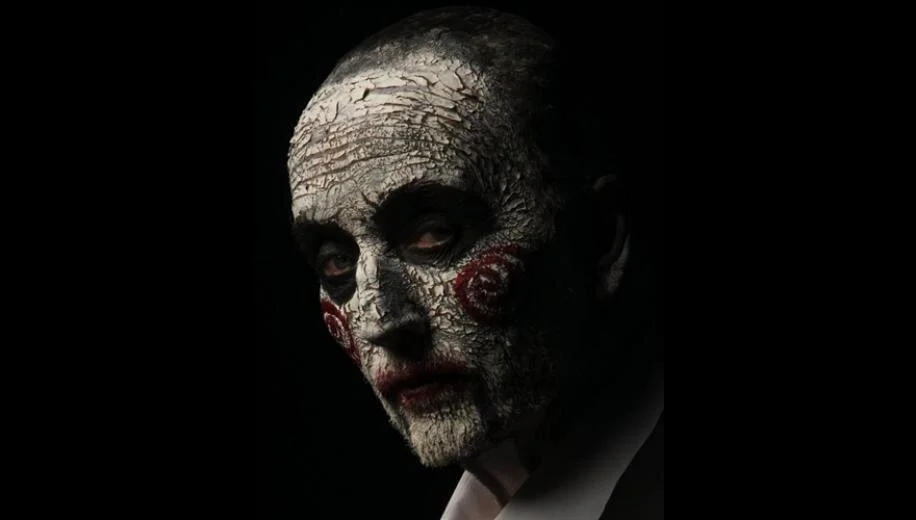
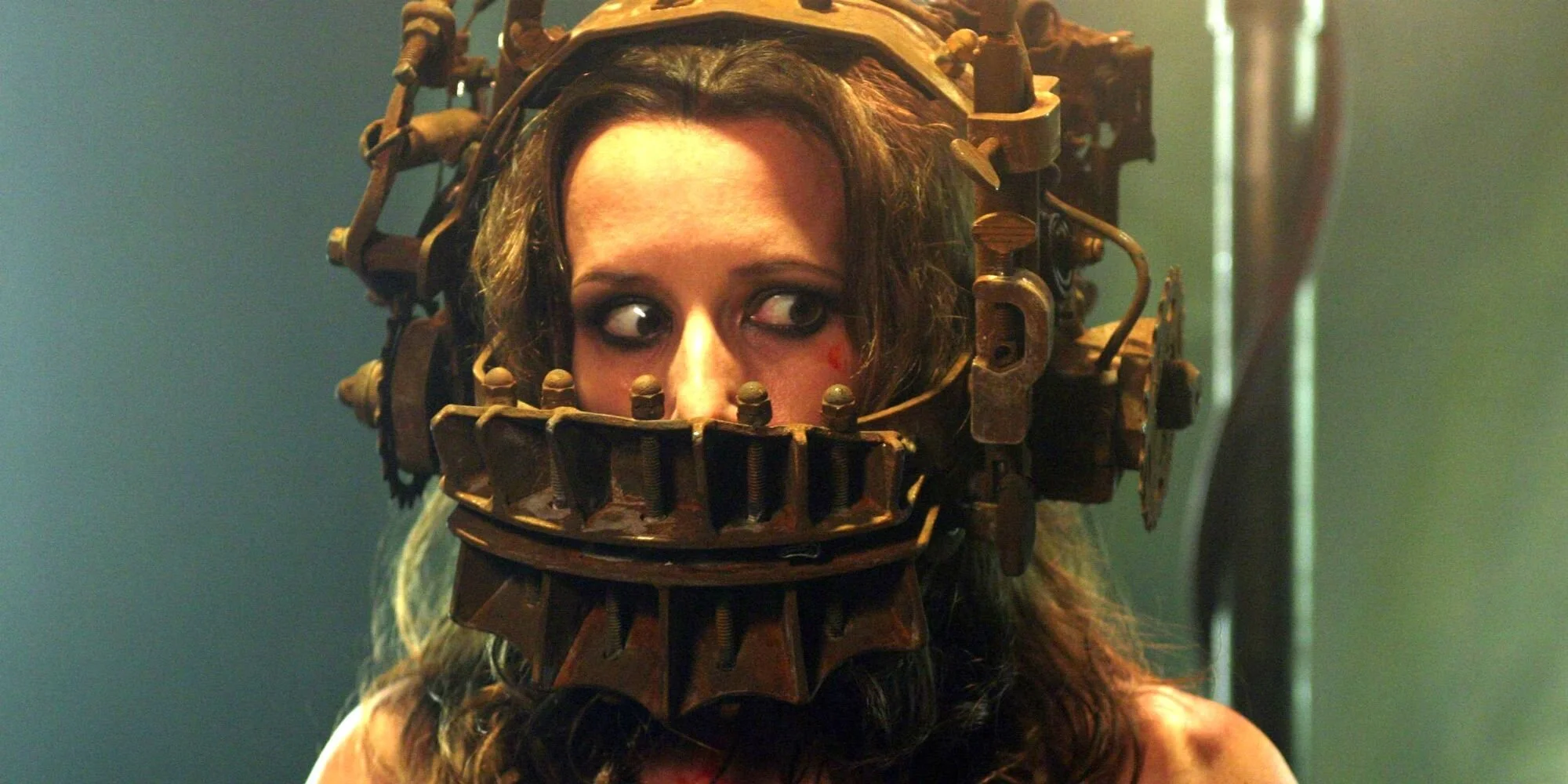
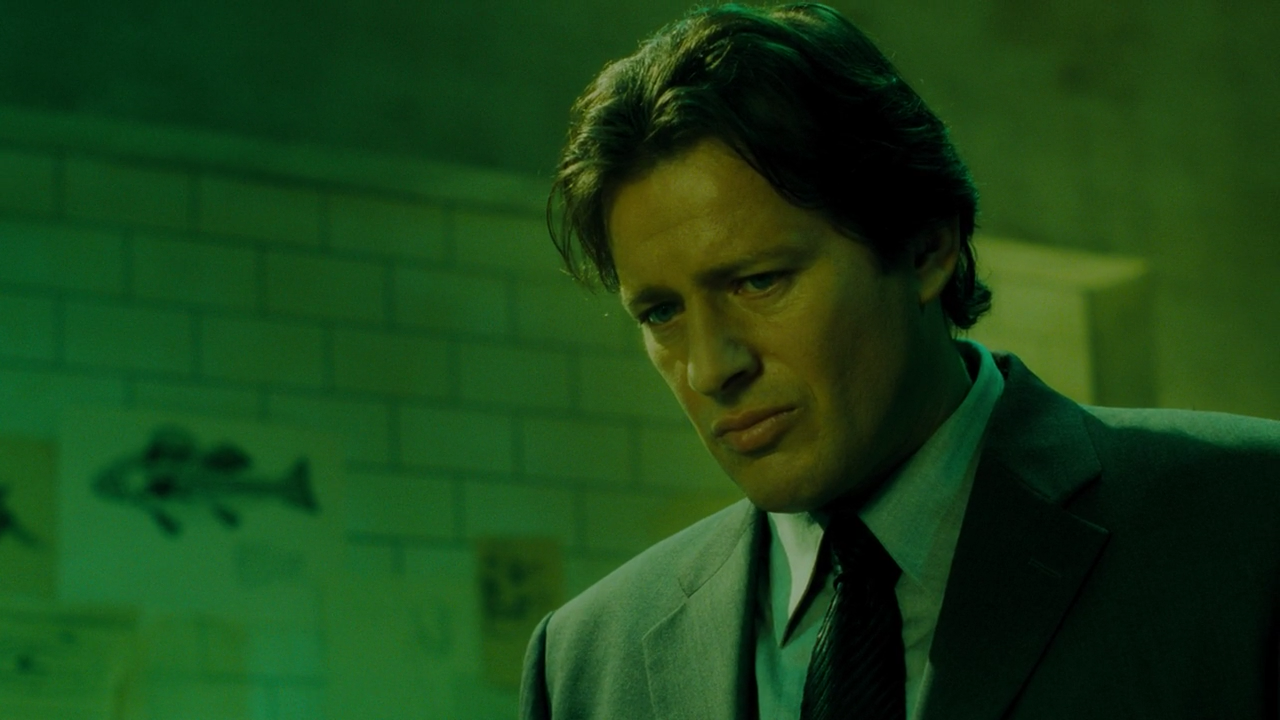
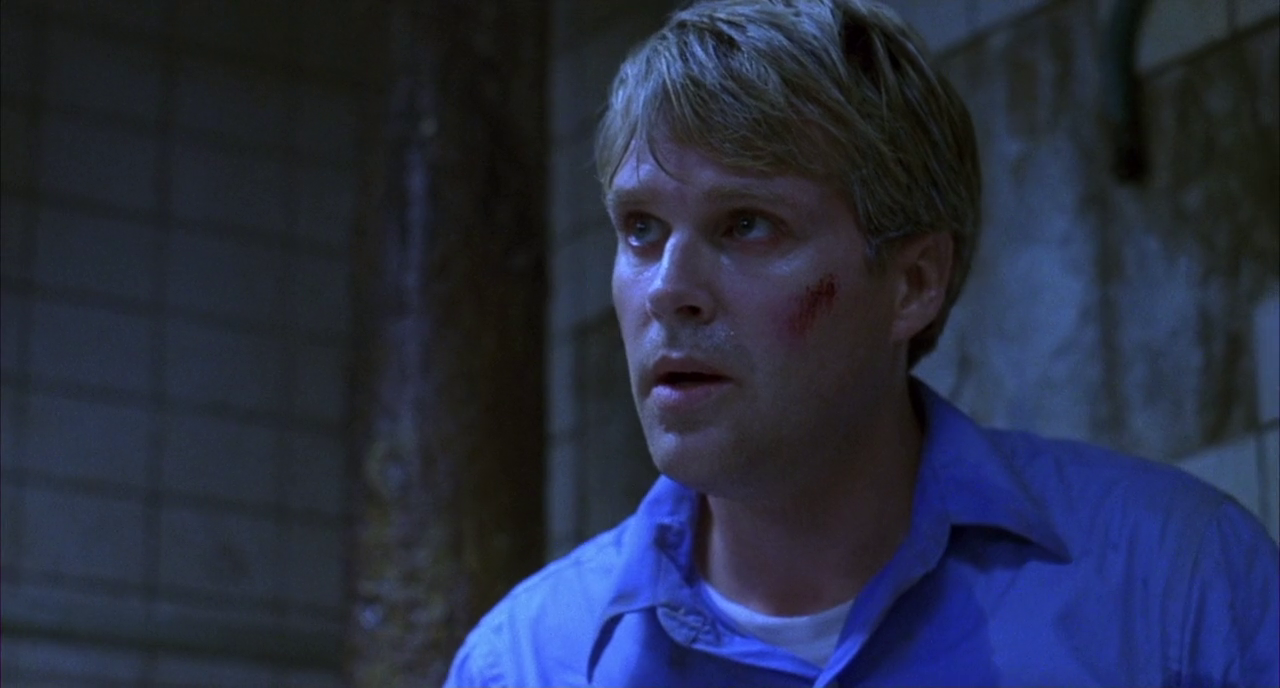
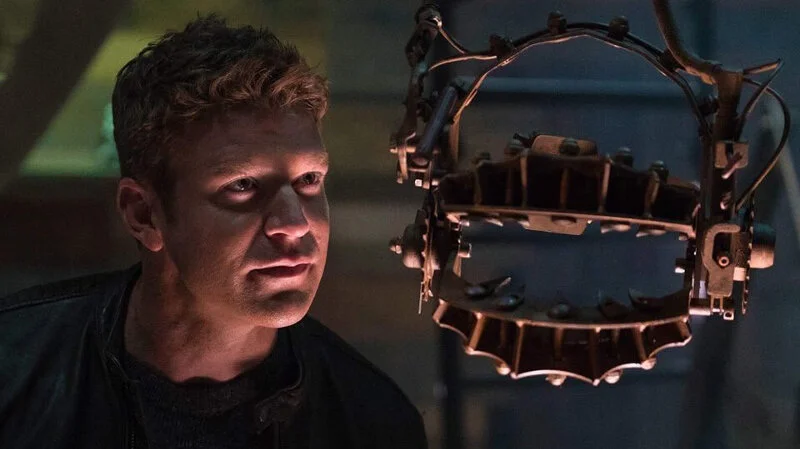

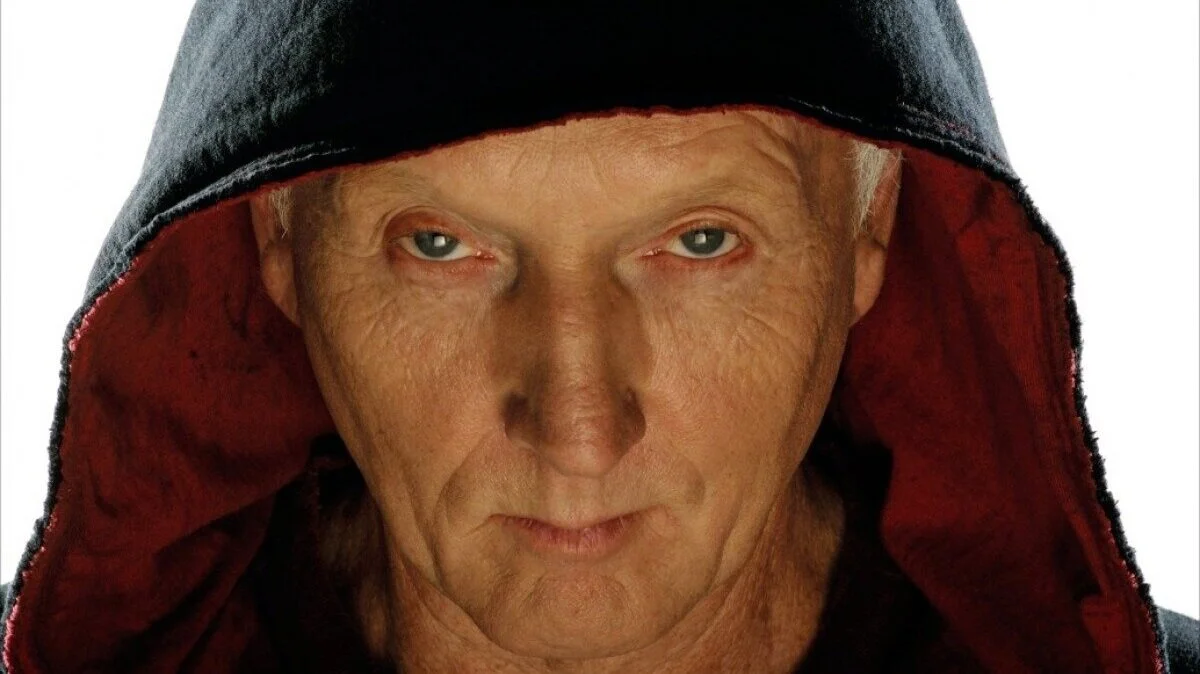

![[Editorial] Soho Horror Film Festival: Interview with Aimee Kuge on Cannibal Mukbang](https://images.squarespace-cdn.com/content/v1/5fe76a518d20536a3fbd7246/1701808004722-9M8SZ2UXY52QBQBR4NTI/img20230818_15150780.JPG)
![[Editorial] 9 Horror Nintendo Switch Games To Play](https://images.squarespace-cdn.com/content/v1/5fe76a518d20536a3fbd7246/1697214470057-3XZXX8N4LYIMDFWS6Z3P/Screenshot+2023-10-13+at+17.20.13.png)
![[Mother of Fears] Mothering in Silence in A Quiet Place (2018)](https://images.squarespace-cdn.com/content/v1/5fe76a518d20536a3fbd7246/1696445921315-HZJ2DZYQIH6VVWXBO2YL/Screenshot+2023-10-04+at+19.52.29.png)
![[Event Review] Highlights from Mayhem Film Festival 2023](https://images.squarespace-cdn.com/content/v1/5fe76a518d20536a3fbd7246/1697624582491-MPT2VB9RRGU6OG7L6UKL/Mayhem+2023.jpg)
![[Editorial] Mayhem Festival: Interview with Thomas Sainsbury on Loop Track (2023)](https://images.squarespace-cdn.com/content/v1/5fe76a518d20536a3fbd7246/1697186472899-WC4RR0TW7L7LMFEBGPA2/Tom+Sainsbury.jpg)
![[Editorial] Keeping Odd Hours: A Retrospective on Near Dark (1987)](https://images.squarespace-cdn.com/content/v1/5fe76a518d20536a3fbd7246/1696445070868-HU9YIL3QPBCL1GW47R3Z/Screenshot+2023-10-04+at+19.36.53.png)
![[Editorial] 5 Female Focused Horror Book Recommendations](https://images.squarespace-cdn.com/content/v1/5fe76a518d20536a3fbd7246/1696441981361-52EQCTJ7AT2QF1927GM7/919xtm6d3fL._AC_UF894%2C1000_QL80_.jpg)














![[Film Review] Sympathy for the Devil (2023)](https://images.squarespace-cdn.com/content/v1/5fe76a518d20536a3fbd7246/1697186986143-QDVLQZH6517LLST682T8/Screenshot+2023-10-13+at+09.48.52.png)
![[Film Review] V/H/S/85 (2023)](https://images.squarespace-cdn.com/content/v1/5fe76a518d20536a3fbd7246/1697455043249-K64FG0QFAFVOMFHFSECM/MV5BMDVkYmNlNDMtNGQwMS00OThjLTlhZjctZWQ5MzFkZWQxNjY3XkEyXkFqcGdeQXVyMTUzMTg2ODkz._V1_.jpg)
![[Film Review] Kill Your Lover (2023)](https://images.squarespace-cdn.com/content/v1/5fe76a518d20536a3fbd7246/1697465940337-T55VQJWAN4CHHJMXLK32/56_PAIGE_GILMOUR_DAKOTA_HALLWAY_CONFRONTATION.png)
![[Film Review] Shaky Shivers (2022)](https://images.squarespace-cdn.com/content/v1/5fe76a518d20536a3fbd7246/1696442594997-XMJSOKZ9G63TBO8QW47O/Screenshot+2023-10-04+at+18.59.33.png)
![[Film Review] Elevator Game (2023)](https://images.squarespace-cdn.com/content/v1/5fe76a518d20536a3fbd7246/1696440997551-MEV0YZSC7A7GW4UXM5FT/Screenshot+2023-10-04+at+18.31.42.png)
![[Film Review] A Wounded Fawn (2022)](https://images.squarespace-cdn.com/content/v1/5fe76a518d20536a3fbd7246/1695484054446-7R9YKPA0L5ZBHJH4M8BL/Screenshot+2023-09-23+at+16.42.24.png)
![[Film Review] Perpetrator (2023)](https://images.squarespace-cdn.com/content/v1/5fe76a518d20536a3fbd7246/1695483561785-VT1MZOMRR7Z1HJODF6H0/Screenshot+2023-09-23+at+16.32.55.png)
![[Film Review] Mercy Falls (2023)](https://images.squarespace-cdn.com/content/v1/5fe76a518d20536a3fbd7246/1695482997293-E97CW9IABZHT2CPWAJRP/Screenshot+2023-09-23+at+16.27.27.png)

Now it’s time for Soho’s main 2023 event, which is presented over two weekends: a live film festival at the Whirled Cinema in Brixton, London, and an online festival a week later. Both have very rich and varied programmes (with no overlap this year), with something for every horror fan.